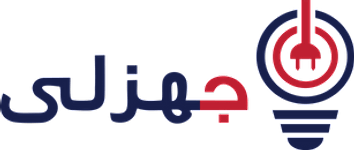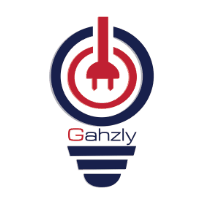In this post, I will explain you how to optimize a webpage by defining page optimization and then I will also explain how to optimize your homepage to maximize the search engine rank. Please keep in mind that all search engines don’t index pages in a same manner. Therefore seo techniques won’t promise you maximum output in all search engines.
We do page optimization to make our web page friendlier to search engines. Page optimization guarantees that your web page is functioning in a very easy way that the search engines can understand. I want to reiterate on a fact that I mentioned you in an earlier post. Never try to make your website more search engine friendly which is not much friendly to the visitors. Then your website will look uncomfortable to read and it won’t attract visitors. Followings are the main procedures that you must follow to optimize you webpage and home page.
I assume that you have gained knowledge in keyword search from my earlier post here. There I mentioned that, you must find the most suitable key word phrase for each web page. Put the primary keyword in the title of the web page. It means that you have to put the primary keyword in between the tags of the HTML code. The best practice is adding in the first position of the title or closer to the beginning of the title. Unless there is a special need to put your website title in each and every web page title, don’t put it. If you really want to add your website title and want to promote it as a brand, put it at the end of the page title, after the primary keyword. Always make sure that your page title is shorter.
Some people think that META tags are important in seo. But actually you don’t have to worry about them much as it doesn’t affect your ranking very much. But it is a good practice to add some description about your web page in the META tags. This description will be displayed in the search description of your web page in search engines. I have to mention the same thing regarding the META KEYWORD tag. But you can add Meta keyword tags with your primary keyword phrase, its synonyms and if possible some misspelled phrases of your primary keyword phrase. If you put multiple Meta keyword tags you must separate them with commas.
Keep in mind to add the header as same as your page title key word phrase in
Next is your home page. You must pay a good attention to your home page optimization as it is the first page that visitors will see often. You must put all the WORKING links of other main web pages in your home page. And make sure that it is possible to reach every page through your home page. I don’t mean that all the links to the other pages must be put in the home page. Your home page must provide access to all the pages with the help of the intermediate main pages. But you must link all the major category pages to your home page. As I mentioned in the key word search post, you must put the best keyword for your business niche in the home page title. Use META tags and META KEYWORD tags in the home page also. But it is not a necessary thing. This will improve the readability of your website.
These are the most important things that you must consider to optimize your web pages and home page. I hope that you gained a good knowledge on this part. If you need to clarify anything related to this, you can always contact me through admin@best-internet-guide.com. I will make sure that all of your questions are answered. I will explain you how to optimize your whole website and register in web directories to build traffic, in the next post.
[ad_2]AUTOPOST by BEDEWY VISIT GAHZLY


